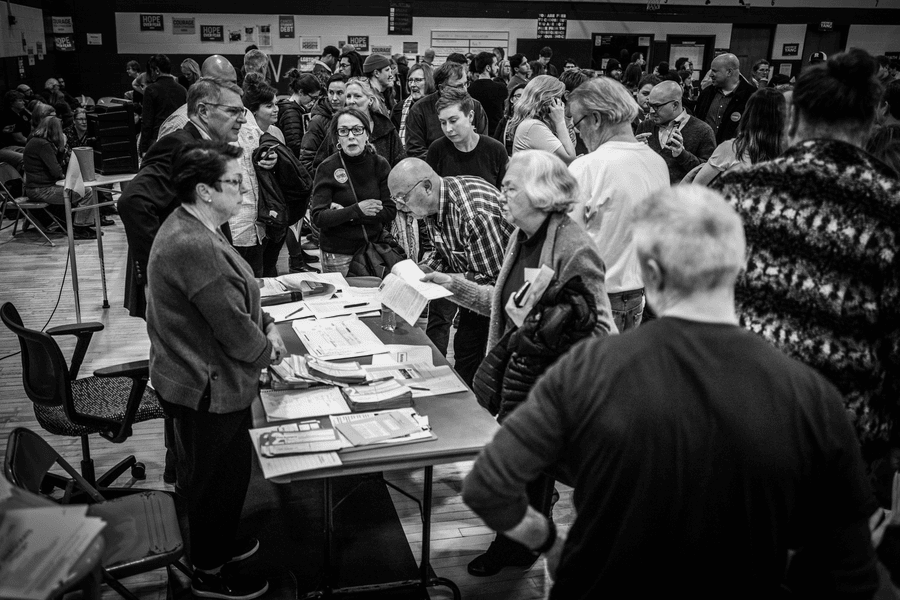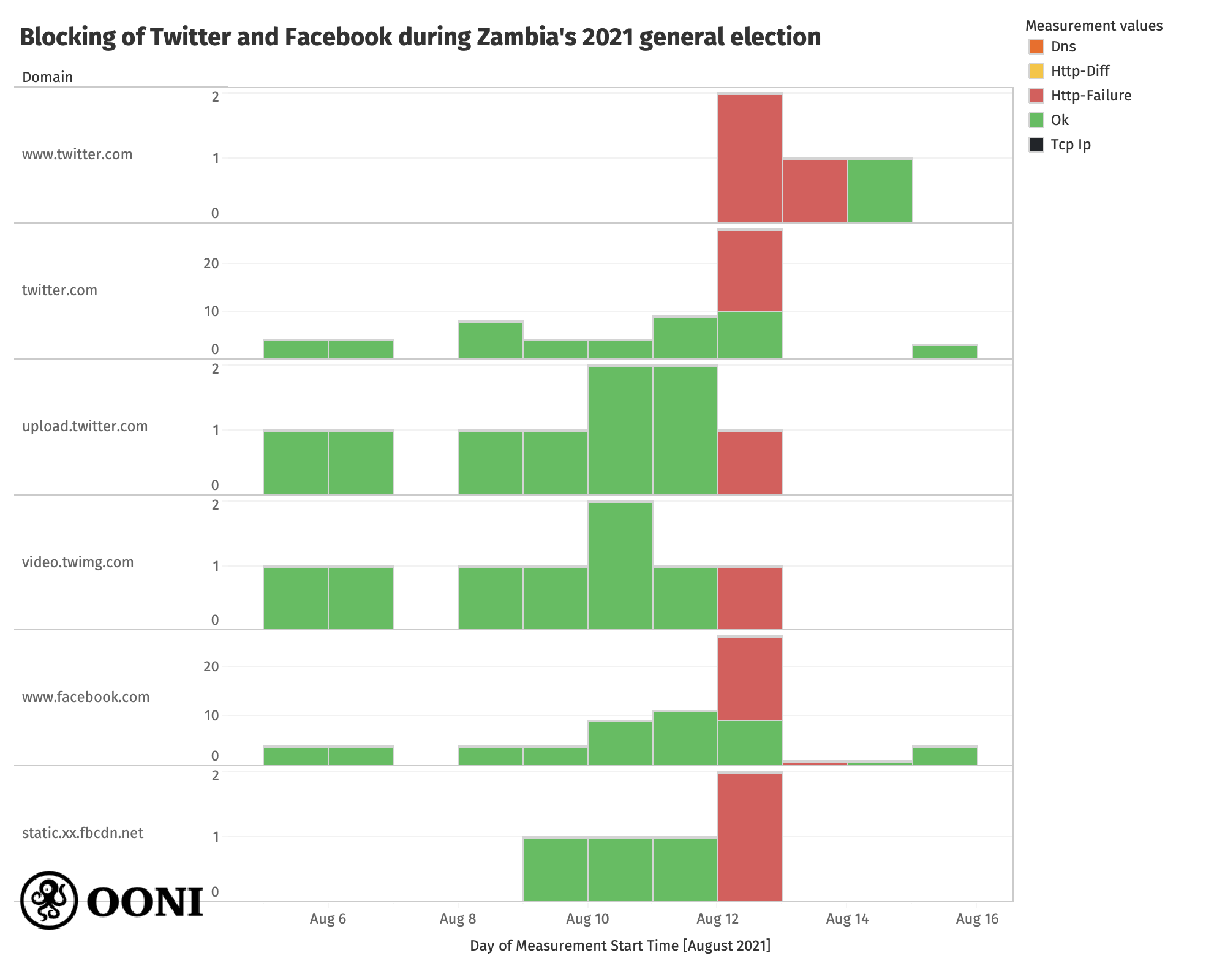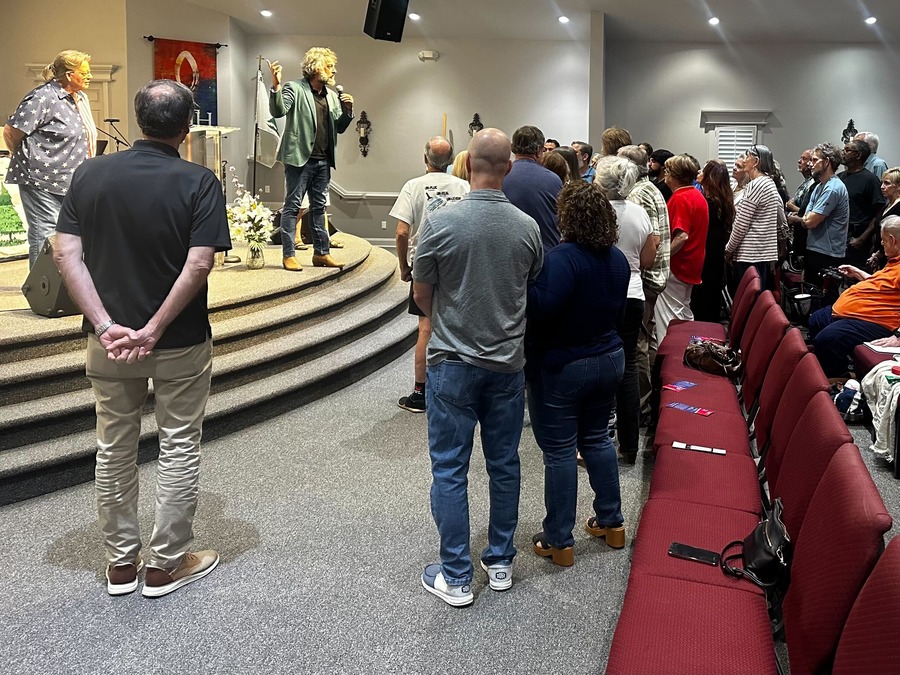
What Does it Mean to Ensure Election Integrity in 2024?
Published by The Lawfare Institute in Cooperation With
Two weeks before Election Day, a video began to circulate on social media purporting to show presidential ballots marked for Donald Trump being destroyed in Bucks County, Pennsylvania. Quickly, the Bucks County Board of Elections and the county’s Republican Party released statements debunking the video as a fake—though comments responding to the GOP’s post on X (formerly Twitter) were filled with blue-checkmarked users wondering how the county could be so sure. The next day, the federal government weighed in as well: in a joint statement, the Office of the Director of National Intelligence (ODNI), the FBI, and the Cybersecurity and Infrastructure Security Agency (CISA) announced the intelligence community’s assessment that “Russian actors” had “manufactured and amplified a recent video.” “Local election officials have already debunked the video’s content,” the statement clarified.
This sequence of events says a great deal about how platforms, election officials, and the federal government are thinking about responding to election rumors during the 2024 vote. Compared to 2020, the intelligence community is taking an aggressive posture of releasing public information about foreign election interference with unusual candor and at a strikingly rapid clip. Local election officials are doing their best to debunk falsehoods personally by speaking directly to their communities.



















